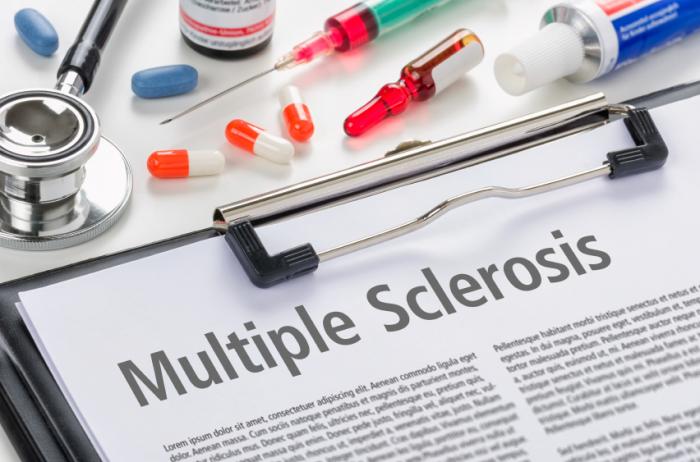Treatment for Multiple Sclerosis varies from person to person. Emphasis on speedy recovery from attacks, slowing down the progression, and managing the symptoms are most important. On the other hand, some people have such mild symptoms. Because of that, no treatment is necessary for them. Those who do have symptoms, however, have multiple options for treatment. For instance, physical therapy and medications can help with symptoms and slow disease progression. Research is still ongoing so the information below might not include the most up-to-date treatments. Therefore, as I receive the new information, I will update the information below.

Specialists
Multiple Sclerosis can affect many different parts of the body. Therefore, managing it typically involves a team of healthcare professionals. An MS team typically includes the following health professionals:
- Neurologist
- Speech therapist
- Occupational therapist
Physical therapist - Primary Care Provider (PCP)
- Psychologist
Medications
Unfortunately there is no cure for MS. Because it is a chronic condition, the damage it causes cannot be reversed. However, certain medications can help you manage the condition. Specifically, they are systemic medications taken orally or administered as injections or infusions. Below are some examples:
- Chemotherapy
- Anti-inflammatories
- Immunosuppressants
- Steroids
Therapies
A large amount of people use Complementary & Alternative Medicine as part of their MS management. That is to say it is used with their already prescribed MS treatments. Below are some examples:
- Counseling
- Support group
- Physical therapy
- Acupuncture
- Massage
- Diet & Nutrition
Self-care
Physical exercise, specifically in the form of aerobic activity for 20-30 minutes 5 days a week, help improves heart health. In addition if injured, pursuing an activity that avoids the injured muscle group or joint can help maintain physical function while recovering.